One Tool Every Great Leader Needs

Ask any craftsman and they can easily tell you the one tool they can’t live without. Most great craftsmen in a skilled area will probably all refer to the same tool. This tool may differ from craft to craft. For example, a plumber will probably tell you a very different tool than an auto mechanic. Carpenters use a different set of tools than chefs. We all know surgeons use a different set of instruments than a seamstress. (Although, I have seen seamstresses who have surgical like precision.)
Every profession has their own indispensable tool, the one item in their toolbox that they couldn’t do their job without. However, when you talk about leaders, that question becomes a lot harder to answer. If you interview 20 leaders, you’ll probably get 20 different answers on the one thing they consider essential for their success.
Right tool for the job
Leaders are in the people business. This may be one of the reasons why you see such broad differences in tools that successful leaders use. People are different and what motivates one person might not motivate the next. The circumstances that make one leader successful, might not make the next leader successful.
This is one of the challenges about being a leader. There’s no math formula for success when dealing with people. There is no science behind motivating people. A leader must know people well in order to lead them well. On top of all of these challenges, as the circumstances change, the leader must change with them.
This still doesn’t answer the question — is there one tool that is more important for a leader than others? I am convinced there is one tool that a leader cannot do without. That tool is love! Leading people well requires loving the people you lead. If you don’t love them well, I don’t think you can lead well.
Keeping your tools sharp
Leadership is all about dealing with people. Since people are different from one another, the greater the number of people you deal with the greater the challenge to your leadership. These two principles of leadership make Moses in the Bible one of the most effective leaders of all times. Moses led millions of slaves to their freedom out of one of the most powerful empires of all times.
The people problems that Moses had to deal with in Egypt would have been overwhelming for most leaders in human history. Add to this the challenges of leading millions of people for about 40 years through some of the most trying circumstances, in some of the most austere terrain, and you will quickly see why Moses is one of the greatest leaders in history.
Did you know that Moses had a tool that he used for dealing with people? It was a simple shepherd’s staff. If you pay close attention to the Bible in Exodus 4- you’ll notice that something fascinating happens to Moses’ staff.
Whatcha got there, Moses?
When God first meets Moses on the mountain at the burning bush, Moses has been taking care of his father-in-law’s sheep. Like any good shepherd, he’s carrying a staff to take care of the sheep. In the process of revealing himself and his power to Moses, God ask Moses to throw down his staff. When Moses obeys God, the staff becomes a snake (Exodus 4:2). When God asks Moses to pick the snake up, it becomes a staff again (Exodus 4:3).
When God reveals to Moses the enormity of his mission to deliver the people of Israel from slavery, Moses is terrified by the task that he has been given. In order to reassure him, God promises to do great signs with his staff (Exodus 4:17). Don’t be mistaken, this staff isn’t a magic wand. It’s just a simple shepherd’s tool. When Moses’ mission in life changes from leading sheep to leading people so does his tools for ministry.
If you continue to read Moses’ story in the Bible, you will see how God does great things through Moses to deliver the people of Israel out of bondage. Often God uses Moses’ staff when he does these great signs. Here’s what I find fascinating — by the time you read Exodus 4:20 the Bible refers to it as “the staff of God.” Meaning that it is no longer Moses’ tool for leadership. Now the tool belongs to God. And because God is leading his people through Moses, as the people see the staff of God, it is a reminder that God is leading his people.
The obvious implication of this passage is that God can take any instrument, no matter how mundane, and make it extremely effective for leading people; if that instrument is surrendered to him. The instrument that God most often chooses through which to lead… is people. If you’re willing to surrender and trust God completely, he can make you into his leadership tool also.

No Comments